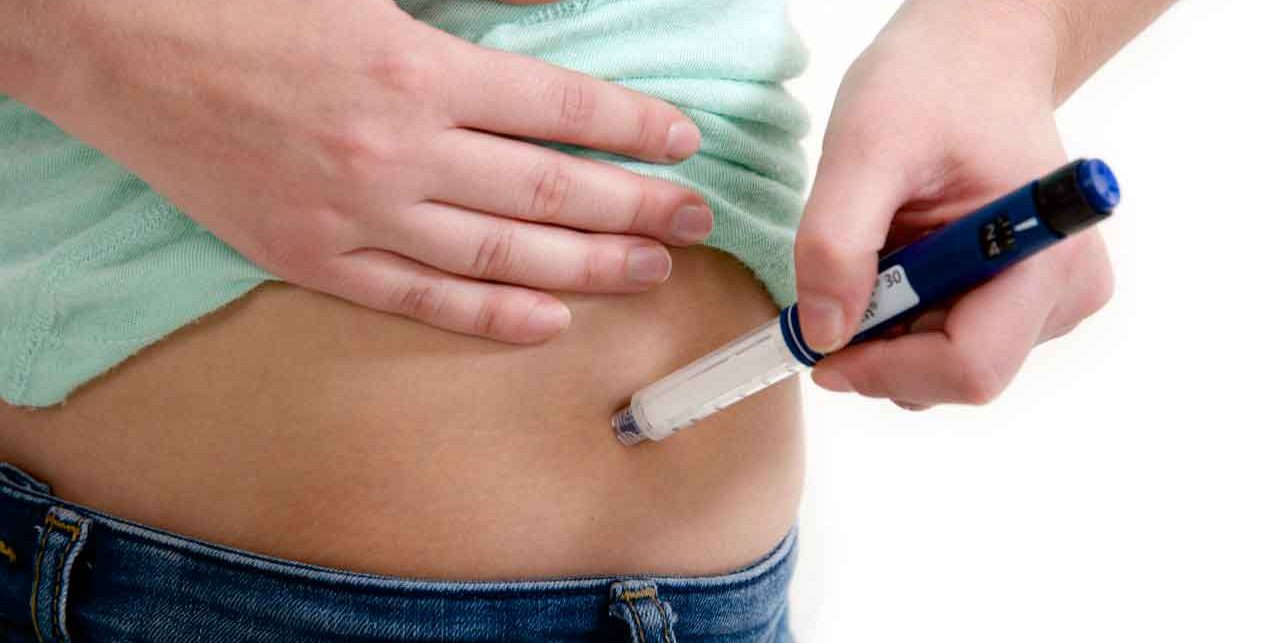Can You Stop Insulin Shots for Type 1 Diabetes?

Type 1 diabetes patients can't expect to ditch their insulin shots yet, but a treatment may be on the way to help produce your own insulin.
In late 2015, there was a flurry of news about a new treatment to free people with type 1, or “juvenile,” diabetes from daily insulin shots. It was a good example of overdramatizing preliminary research: the treatment had only passed its first hurdle.
To begin, the study was a “Phase 1” trial, which means it was designed to test safety — not effectiveness. Trials for effectiveness require many people to participate. To avoid exposing lots of people to potential side effects, researchers first test out safety on a small group.
In this case, they tested the treatment on 14 adults who had recently been diagnosed with type 1 diabetes, a blood sugar problem. The good news: no one experienced the feared side effects, so the researchers can go on to a “Phase 2” test of effectiveness, and then, if that goes well enough, a “Phase 3” clinical trial testing the impact of the treatment on a large group of people and comparing it to other therapies.
The goal is to help type 1 diabetes produce their own insulin. The body controls blood sugar levels through insulin: Too much sugar in the blood may damage nerves and blood vessels, but if your blood sugar falls too low, you could become unconscious. In type 1 diabetics, immune cells attack other cells, in the pancreas, that produce insulin. Normally, cells called T-regulators (“T-regs”) prevent this kind of autoimmune attack, but type 1 diabetics have fewer healthy T-regs.
Severity varies: Children diagnosed under age five usually completely lose their ability to make insulin, while those diagnosed as adolescents or adults may keep producing low levels of insulin for decades. Most type 1 diabetics need regular shots of insulin.
In the study, researchers took blood samples from the participants, separated out the T-reg cells, removed any that were defective, and treated the healthy T-regs to boost their numbers. The next step was to infuse the T-regs back into the participants’ blood, and see what happened. After a month of weekly checks for side effects, the participants came back less often over the next five years. None of them suffered any of the suspected possible side effects: a reaction to the infusion, inflammation caused by the T-regs, or an increase in infections.
Although about 75 percent of the new T-regs seemed to have disappeared 90 days after the infusion, some remained in the blood a year later. Some people did seem to be producing more insulin a year later as well. However, the researchers didn’t establish whether the new T-regs were effective at preventing attacks while in the body. And with this kind of small study, even when some participants improve it’s too soon to credit the treatment, the researchers said.
In short, type 1 diabetes patients can’t expect to ditch their insulin shots soon.
A number of ways to boost T-regs are now in the pipeline. This strategy could be helpful for a long list of auto-immune conditions (when own immune cells, evolved to attack invaders, attack other needed body cells instead). It also could enable more people to accept organ and bone marrow transplants. So any good news about a safe T-reg boosting protocol is exciting — just don’t expect a cure tomorrow.
Updated:
February 28, 2020
Reviewed By:
Christopher Nystuen, MD, MBA